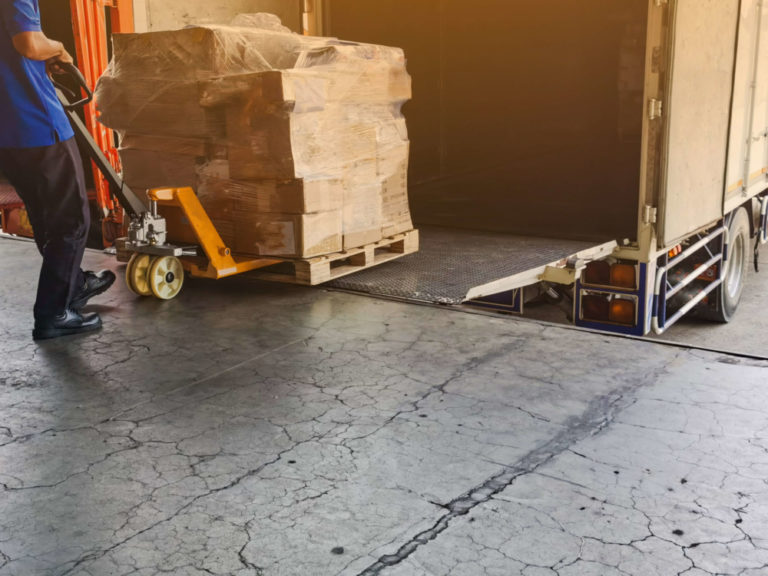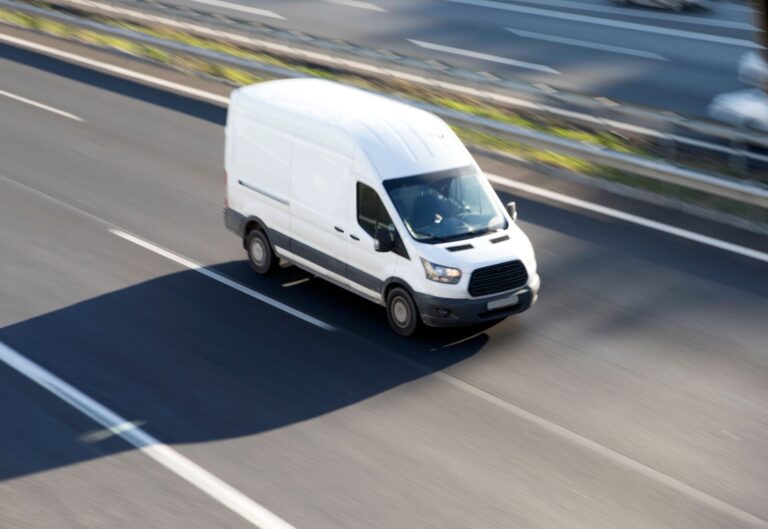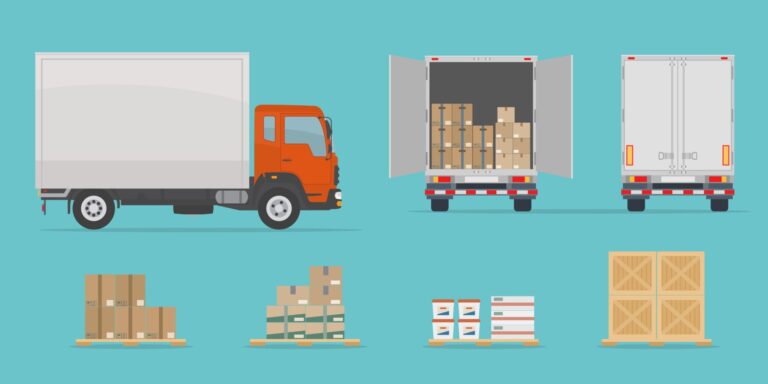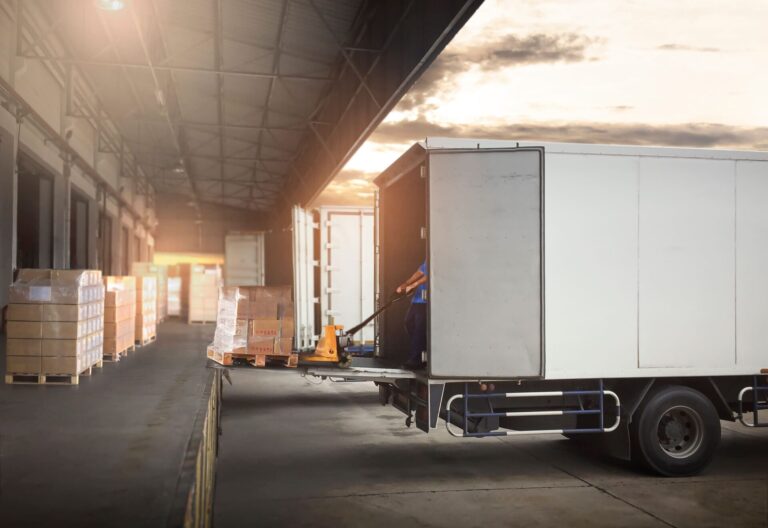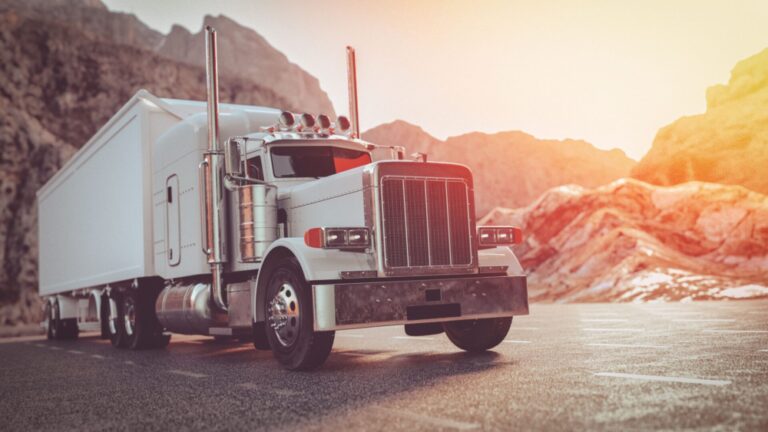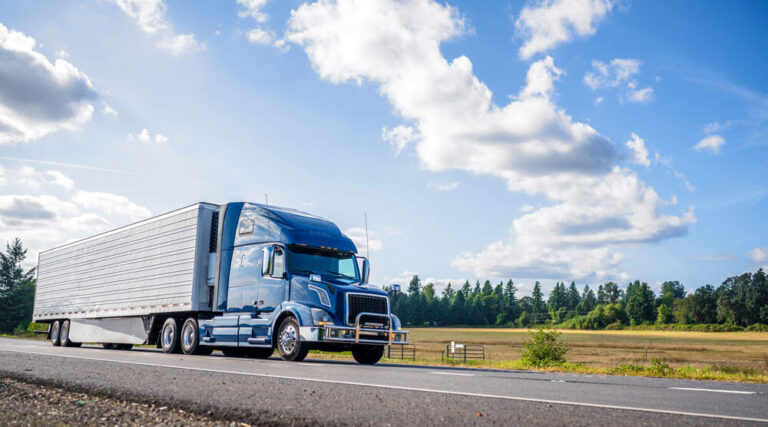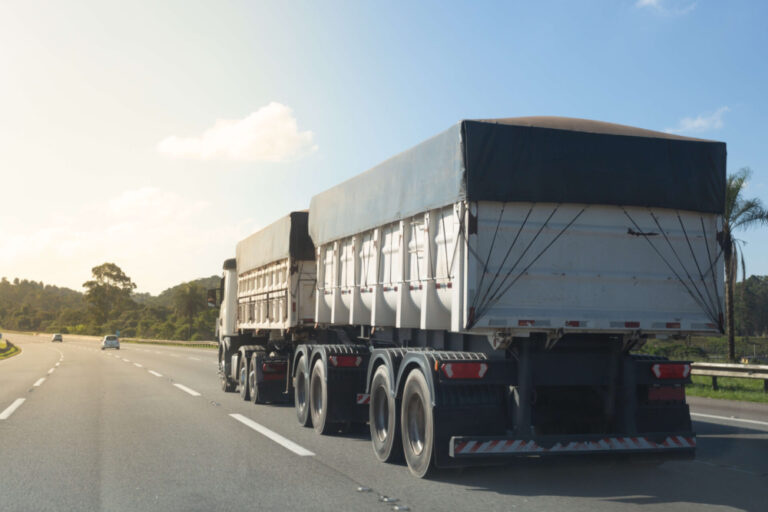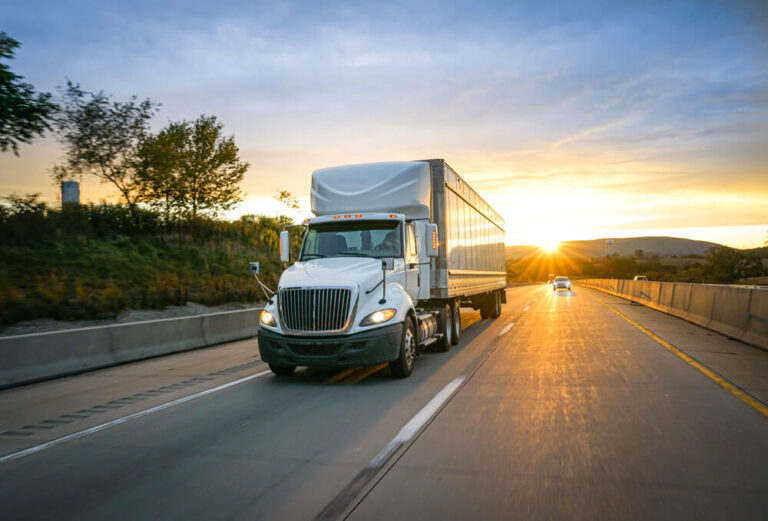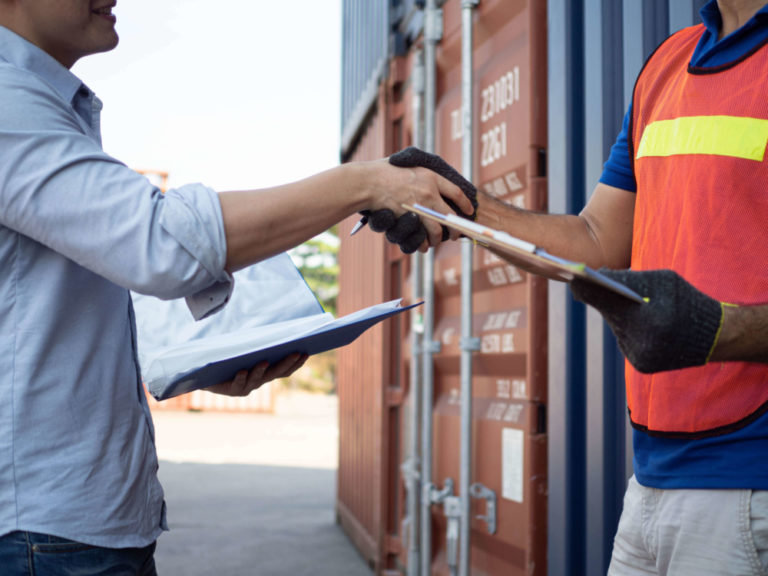Cargo insurance is essential for truckers who haul and deliver goods for a living. This coverage ensures that lost or damaged shipments are compensated for, up to your policy’s limit. Given that many shipments are worth hundreds of thousands of dollars or more, truck cargo insurance can be quite costly.
Shippers are stringent about truck drivers having the proper coverage. Failure to meet these requirements can result in being denied the load. Cargo insurance is critical for businesses prioritizing the protection of their goods during transportation.

